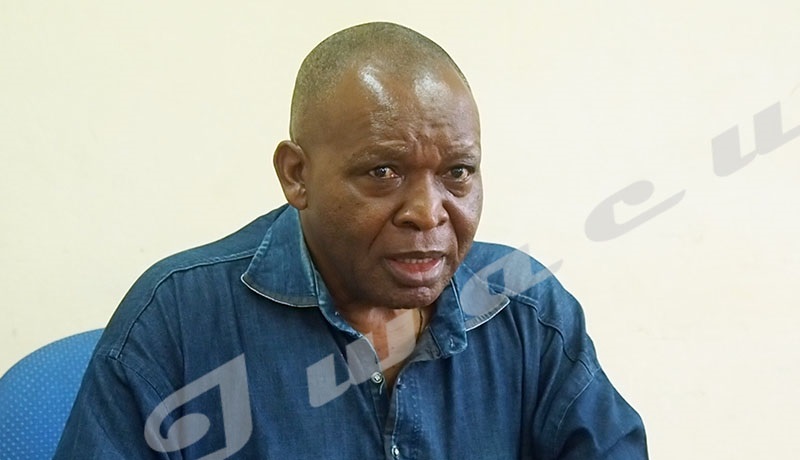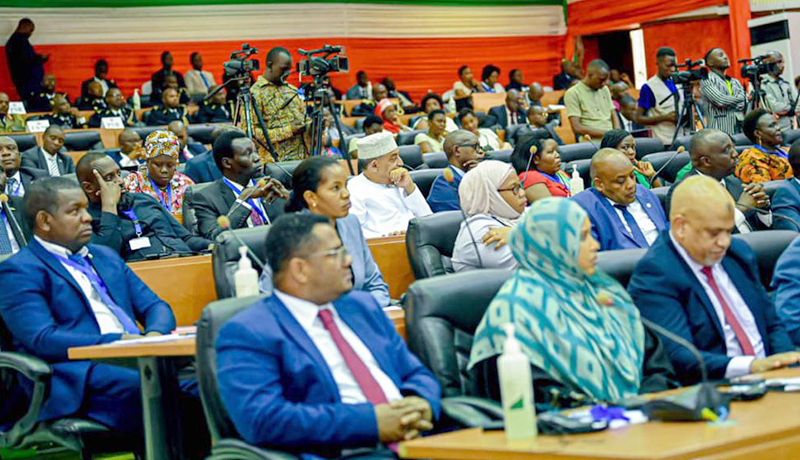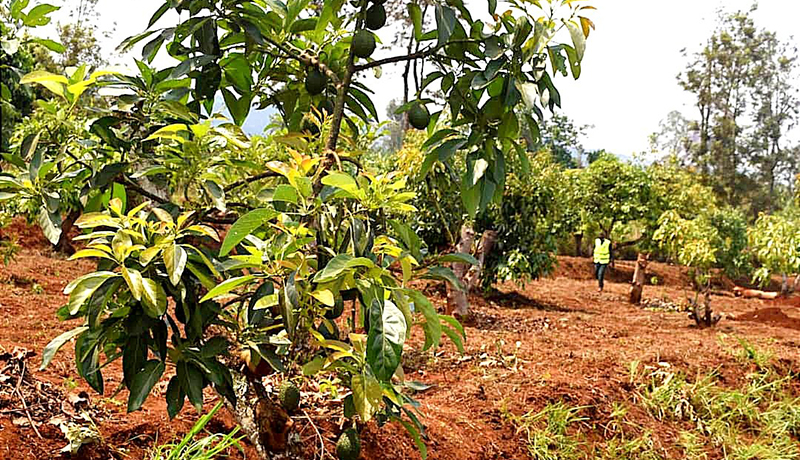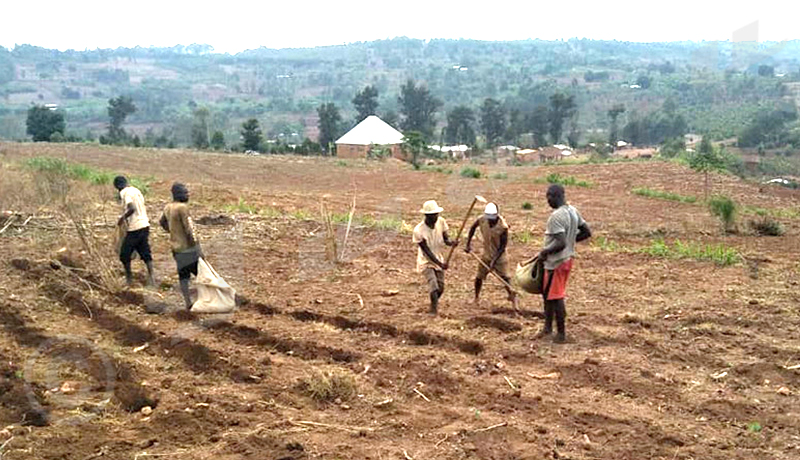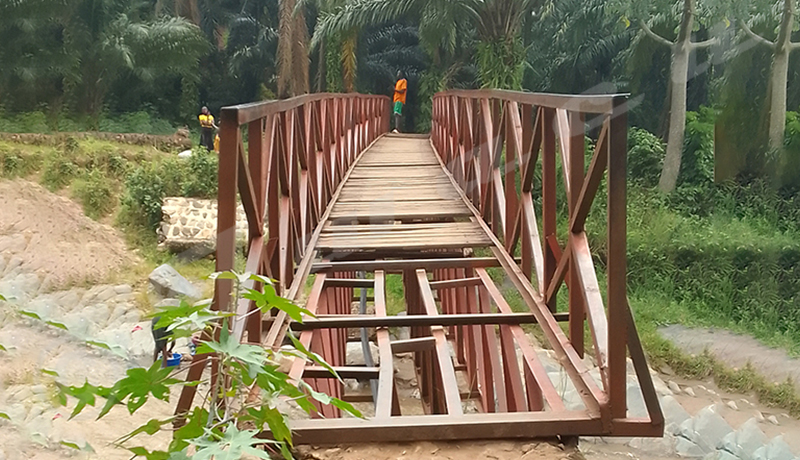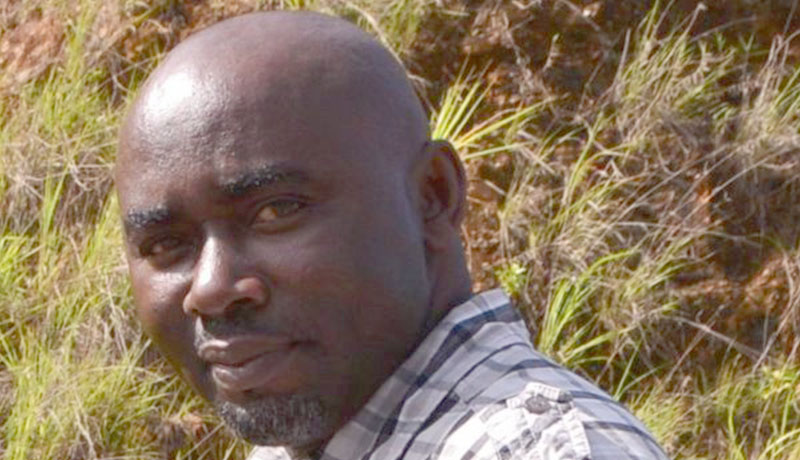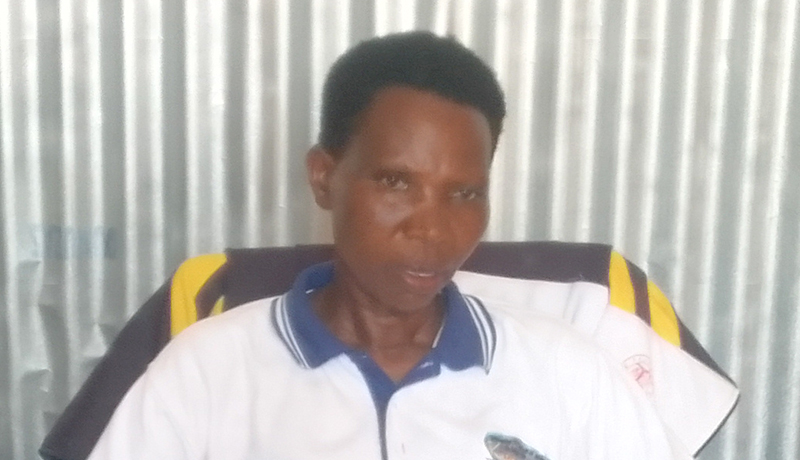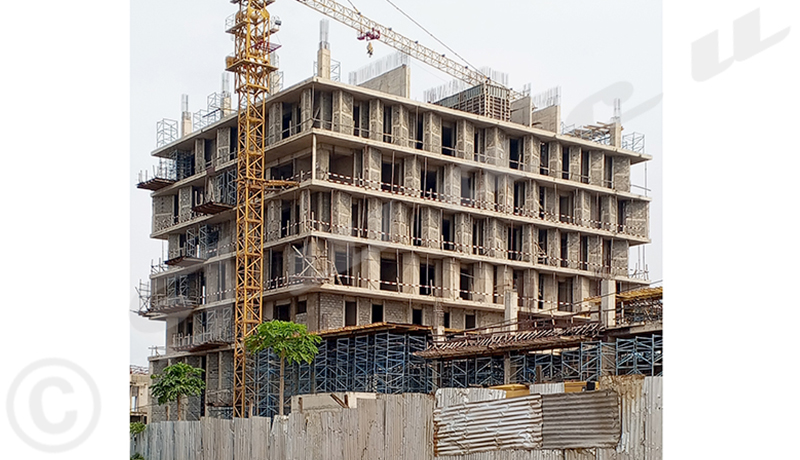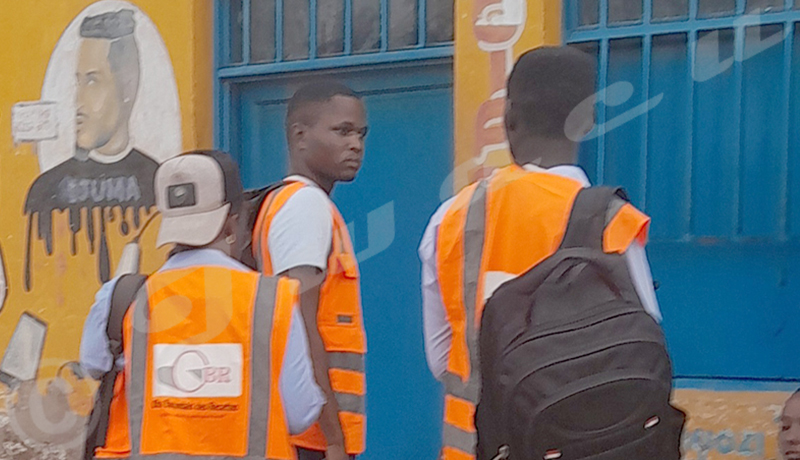BBN does not have the means to carry out a systematic control of all the agri-food processing units which are around 700 throughout the country. Unless certified by an accredited system institution, Burundian products cannot break into the international market. Burundian entrepreneurs appreciate the support of the European Union-funded Mark Up project to help BBN meet the challenges. Enlightenment.
The “Mark Up” Program (Market Access Upgrade Program), designed jointly by the European Union with the General Secretariat of the East African Community, is a regional initiative that aims at contributing to the East African Community economy growth. A community estimated at 283.7 million people. Therefore, a large potential market.
In Burundi, the program focused particularly on compliance with quality standards and the certification of the three national laboratories, namely those of BBN, ISABU and CNTA. It is funded by the European Union for an amount of €3.680 million.
The fruit juice company Fruito, one of the beneficiaries of services offered by BBN, regrets that the non-compliance with the certification of the latter’s laboratories is an obstacle in the international marketing of their products. It assumes that the certification system of BBN laboratories will contribute to the growth of their external market.
“The products are not accepted on the external market for lack of this conformity,” regrets Marie Müque Kigoma, Head of Fruito company, active in Burundi since 1987.
However, she fears that the BBN laboratory accreditation process will take longer and suggests that the Markup project donors grant more investment to this institution to speed up the process.
“What would be extraordinary is for Burundian products to be on the international market,” says the founder of Fruito company. This will be beneficial for the country, as BBN laboratories accreditation will also generate foreign currency.
“There is still a long way to go” says CFCIB secretary general
“Burundian Bureau of Standards (BBN) is not very advanced in terms of equipment, quality and quantity of its staff. There is still a way to go. It is not able to certify all products for lack of equipment and lack of sufficient human resources,” says Denis Nshimirimana, Secretary General of Burundi Federal Chamber of Commerce and Industry (CFCIB).
BBN has about sixty employees. According to the bureau’s director general, BBN needs at least 227 employees to fully accomplish its mission.
According to him, the certification problem has negative effects on the security of citizens and that of investors. “There are buildings that collapse and it’s probably because of the quality of building materials. This can cause accidents, and the entrepreneur who has invested his money in it suffers a huge loss.”
He regrets that this institution responsible for certification and standardization is not able to test the quality of construction materials such as rebars, tubes, metal sheets, for example.
For Denis Nshimirimana, a major problem is that BBN is not system certified. Even though BBN is part of the network of certification agencies in the region, he argues, it must have certification system.
“If our companies are not system certified, when our products go to the foreign market, everyone is suspicious. Consumers in the international market trust companies that are system certified.”
He calls on processors to seek system certificates for themselves from well-known international certification institutions. CFCIB secretary general regrets that there are still very few Burundian companies that are system certified.
As a consequence, he explains, all Burundian products cannot be appreciated on the international market until companies and industries are system certified by well-known houses.
For Denis Nshimirimana, it will be difficult for Burundi to take advantage of the African Continental Free Trade Area (ZLECAF) without the BBN and Burundian companies being system certified. “It will be difficult for Burundian products to advance on the continental market if the producing companies are not system certified.”
As a consequence, he explains, all Burundian products cannot be appreciated on the international market until companies and industries are system certified by well-known houses.
For Denis Nshimirimana, it will be difficult for Burundi to take advantage of the African Continental Free Trade Area (ZLECAF) without BBN and Burundian companies being system certified. “It will be difficult for Burundian products to advance on the continental market if the producing companies are not system certified.”
A range of uncertified food products overflows the local market
CFCIB secretary general regrets that BBN does not have the means to carry out a systematic control of all the agri-food processing units which are around 700 throughout the country. He denounces companies that put a BBN label on their products whereas they are not certified by this institution:
“This is a danger to the health of the Burundian population. Because of these cheatings, products exported to countries in the region, such as Tanzania and Rwanda, are even refused.” According to him, the export of products made in Burundi should be boosted to tackle the problem of lack of foreign currency.
Denis Nshimirimana calls on the government of Burundi to invest funds into BBN to equip its laboratories, recruit staff and organize capacity building for staff so that the institution can assess the quality of products.
He recommends that BBN also be equipped at the border posts so that only complicated analyzes are transferred to the Bujumbura laboratories.
He appreciates the support of Mark Up project funded by European Union to address some of the challenges faced by BBN: “The Mark Up project support which has focused on a number of products, including coffee, tea and horticulture, will provide added value.”
BBN remains optimistic
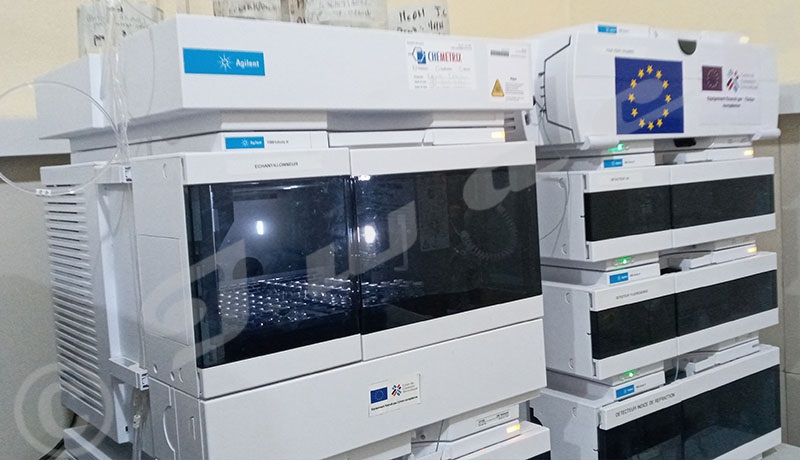
“The persisting weakness is that BBN is not system certified. We are looking for these certificates, especially ISO 17065, so that our laboratories are accredited and 17025 to show that our services in the certification of products are recognized at the international level,” indicates Séverin Sindayikengera, director general of the Burundi bureau of standards and quality control (BBN).
He appreciates the state of progress of the laboratory accreditation process and its certification system: “We are more than two-thirds away from the BBN being system certified. Our laboratories are also ready to be accredited.”
BBN has now opted to work with other standardization offices, especially those in the East African region, South Africa, China and the international organization for standardization (ISO), he adds. “We have also just joined the African Organization for Standardization (ARSO). The standards we use are national, regional and international.”
Regarding the non-recognition of BBN certification in some countries of the sub-region, BBN director general blames a problem of prejudice: “There are prejudices from the past due to the fact that BBN was not able to control, to certify the products. Now we are able. We harmonize and develop standards at EAC level.”
He recalls that quality control is not typical in Burundi. He deplores that Tanzania requires products certified by BBN to be retested: “It is their right, but we appreciate that they are beginning to understand.”
Concerning the state of BBN laboratories, Séverin Sindayikengera assumes that they are well equipped compared to other laboratories involved in quality management, such as that of ISABU, CNTA, that of University of Burundi, etc.
In addition to routine equipment for performing chemical, biochemical and microbiological analyses, they also have state-of-the-art chromatographic equipment.
As far as the Markup project is concerned, he acknowledges that this project has greatly supported BBN in the purchase of laboratory equipment.
But there is hope and the results of Mark Up project supported by the European Union and the International Trade Center (ITC) are satisfactory: “We very much appreciate the project. They have equipped the microbiology and chemistry laboratories by purchasing state-of-the-art chromatology equipment which helps us to properly analyze the products for certification.”
BBN Director General explains that this project is helping BBN for the accreditation of its laboratories, capacity building of the staff in order to acquire the certification system.
The objective of the project is to improve the quality of national infrastructure, which includes five pillars, namely standardization, accreditation, metrology, conformity assessment (certification, inspection, analysis and testing) and promoting the culture of quality.
Started on October 30, 2018 in Bujumbura, the first phase of the Mark Up project focused on supporting the strengthening of quality infrastructure services to enable Burundi to comply with sanitary and phytosanitary measures.
The Chemistry and Microbiology laboratories of Burundi Bureau of Standards and Quality Control (BBN) have been provided with equipment through the European Union Mark Up project. Equipment funded with a budget of BIF 1 billion.
This equipment will make it possible to analyze the chemical contaminants of food products according to international standards.This will also make it possible to improve the quality of food products for the internal market, but also to facilitate the export of Burundian agricultural products to the region and the rest of the world.
